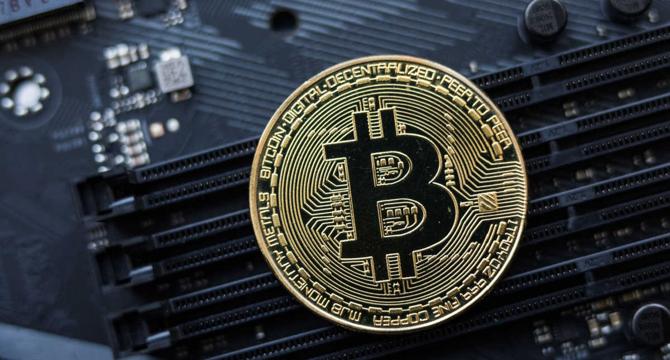Pymnts
4w
124

Image Credit: Pymnts
Pakistan Embraces Bitcoin With Assist From Strategy’s Michael Saylor
- Pakistan is focusing on integrating digital assets into its economy and recently met with Michael Saylor from Strategy to discuss this.
- Officials emphasized Pakistan's aim to become a digital asset leader by prioritizing regulation, inclusion, and innovation.
- Michael Saylor commended Pakistan's proactive stance, labeling bitcoin as crucial for long-term national resilience.
- Strategy holds around 582,000 BTC valued over $62 billion, having boosted its market cap significantly.
- Saylor advocates for bitcoin as a superior long-term store of value compared to cash or gold.
- The trend towards institutionalizing digital assets has grown, with Strategy fully embracing a bitcoin-centric model.
- While bitcoin and ethereum dominate headlines, stablecoins linked to fiat currencies are gaining traction in payments.
- Stablecoins provide price stability for everyday use, prompting payment stakeholders to adapt to evolving market demands.
- There is a shift towards proactively creating solutions in response to market needs, building trust and user-friendly experiences.
- The meeting signifies Pakistan's interest in advancing its position in the digital asset landscape with the help of experts in the field.
- The engagement with Strategy's Michael Saylor highlights the potential for countries like Pakistan to make significant strides in the financial sector.
- Michael Saylor's praises for Pakistan's approach reinforce the importance of early adoption of digital assets for financial resilience.
- Overall, the collaboration indicates a growing recognition of the role digital assets can play in shaping the future financial ecosystem.
- The growing institutional acceptance of digital assets aligns with the evolving payment landscape and interest in stablecoins.
- Experts believe that creating reliable payment solutions and user-friendly experiences is crucial for the widespread adoption of digital assets.
- The article sheds light on the increasing trend of countries and companies exploring digital asset integration into traditional financial systems.
Read Full Article
7 Likes
For uninterrupted reading, download the app